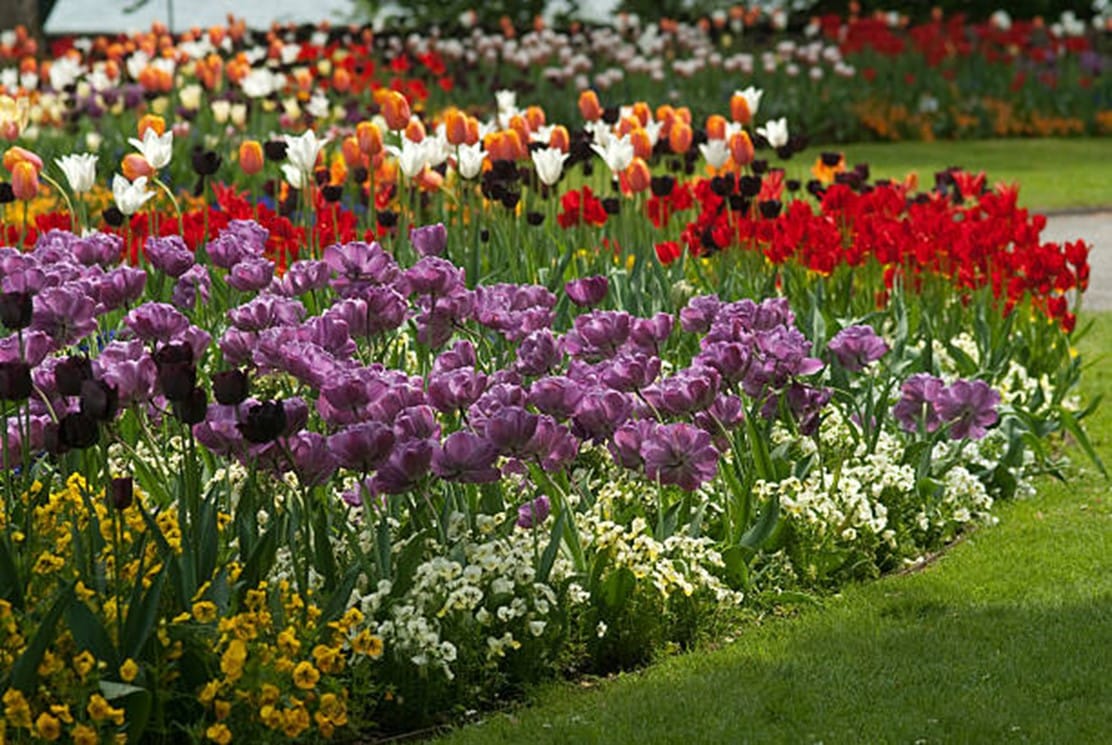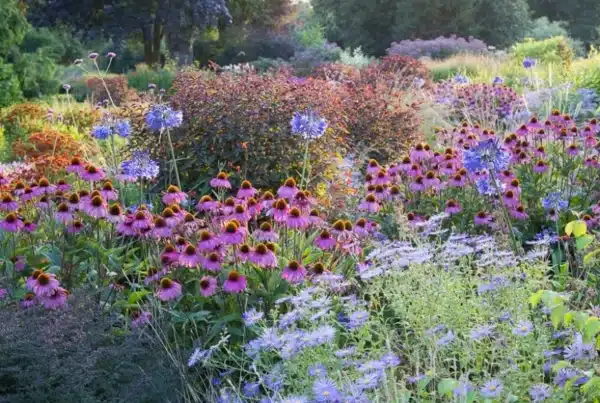World Autism Day
Celebrate the autistic individuals in your life this year outdoors! World Autism Awareness Day is an internationally recognised day, held annually on the 2nd of April, encouraging Member States of the United Nations to take measures to raise awareness about autism and autistic individuals throughout the world. You may have someone in your life, someone important to you, who has autism, and you may want to do something for them to show them how much you care.
Have you considered that your garden may be the perfect place for that?
There is growing evidence that gardening is a beneficial activity for individuals with autism, for a wide variety of reasons, and today we’d like to go over some of them with you.
Sensory Benefits
The first, and perhaps most obvious, reason, would be the sensory benefits a garden can provide. There are two main ways that those with autism process sensory inputs – sensory-avoidant and sensory-seeking. The former is more commonly known about, while the latter is more often associated with individuals with ADHD, but it is still very possible to present in autistic people as well. Both types of sensory processing can benefit from different features of a garden, as every sense can be gained from a garden if you know what to add.
Touch can be achieved through garden toys, a running water feature, gravel, or even simply the grass under your fingers. Someone sensory-seeking might love all of these in a garden, while someone sensory-avoidant may dislike the feeling of wooden garden furniture, so you could opt for some comfy beanbags under a gazebo for them to sit on.
Rows of rainbow-coloured flowers will provide a great sight to see for someone sensory-seeking, while opting for only a few softer colours in pastel shades might be preferred for someone who considers all those colours a bit too much for them.
If an autistic individual loves sounds, perhaps that running water feature again would be appreciated, as well as some wind chimes and bird feeders to encourage animals into your garden. On the other hand, a quiet and peaceful garden is also possible to achieve for someone who would rather sit in their beanbag and read outdoors for a while.
For those who love smells, getting them involved with the maintenance of the garden would allow them to experience closely the scent of flowers and soil. As for taste, many different fruits and vegetables that would suit a specific person’s tastes can be grown in your garden, with a greenhouse’s aid if necessary, and they may find they like their favourite foods even more if they have had a hand in growing them!
Social Interaction
Gardening together can be a great way to get some social interaction into your life, as it is a shared experience that promotes communication and cooperation. For those who enjoy this and get a lot out of it, that’s fantastic. However, for autistic people who dislike such a type of social interaction, gardening can also be a great opportunity for parallel play. Parallel play, for those who don’t know, refers to when a neurodivergent person spends time in the same area as you, usually not speaking to you, and doing their own separate activity. They aren’t talking, but they are communicating in their own way that they like you and consider you a safe person to be around. It’s often considered one of the neurodivergent ‘love languages’, in fact. An autistic person may enjoy spending time with you in the garden while you tend to the flowers and they read, or paint, or perhaps even tend to a separate section of the garden themselves.
While it may not be quite the social interaction you are used to, it means the world to your autistic loved one.
Motor Skills
A lot of autistic people have some issues with their motor skills – some presenting these much more obviously than others, and children having the most serious of issues most commonly. However, research has shown that simply practicing these skills over time can improve dexterity and coordination, and gardening requires the use of fine motor skills. Grasping and manipulating tools can be a struggle for those with autism, and the number of tools used in garden would be a good way to help them start to practice and improve their motor skills, something they may particularly enjoy if they are doing so while getting their social needs met in a garden designed for their particular sensory preferences.
On top of that, autistic individuals can experience issues with gross motor skills, or ‘large’ skills that involve balance, including walking, throwing, and catching. Giving them a space to have a swing, a slide, or room for a ball game would all help develop these abilities. In fact, one of the most highly recommended activities to improve gross motor skills is trampolining! It helps young people develop muscle tone, balance and motor planning skills, as it requires an awareness of your body’s position and movement (known as proprioceptive input).
Educational and Therapeutic Benefits
Gardening can also be a great way to teach individuals about science, nature, and the environment. If you grow your own food in your garden, nutrition and healthy eating are also potential learning topics. While anyone would be able to learn this way, it may be particularly helpful for neurodivergent people and children who may struggle in a traditional classroom setting to instead have a calming, peaceful and importantly familiar environment for them to learn in instead.
As well as educational benefits, a garden can provide relaxation benefits. The activity of gardening itself can reduce stress and anxiety and have mood-boosting effects. Outside of garden maintenance, having sports or games equipment or simply an outdoor area to play in would also be a benefit for an autistic person who may struggle with more common methods of exercise such as a gym or sports club.
Conclusion
Overall, gardening can be a great activity for individuals with autism, or in fact anyone who has been a little different than what could be considered ‘typical’, providing a range of benefits for both physical and mental health.
Here at Outdoor Living Gardens, we have a lot of experience with those who are neurodivergent. If you give us a call, in fact, you’ll likely be answered by Sara, our business administrator, whose two daughters are both autistic. We would love to be able to help you create a perfect outdoor space that can provide all of these benefits to your autistic loved one. If you would like to discuss this further, please give one of our team a call on 01756 541313 and we will be happy to assist.




